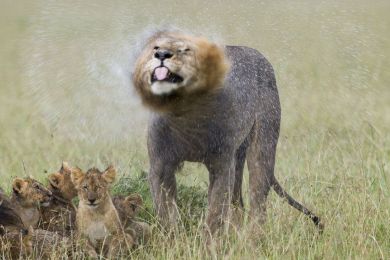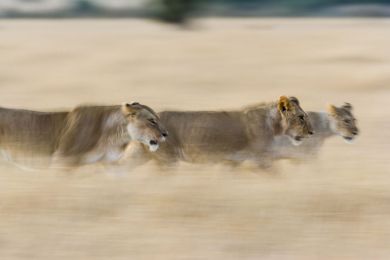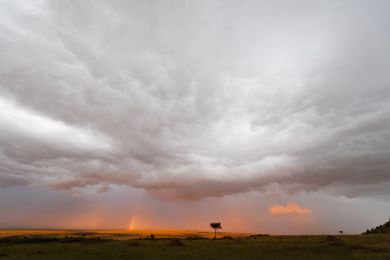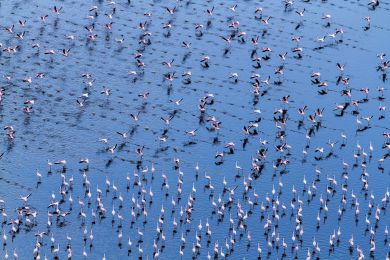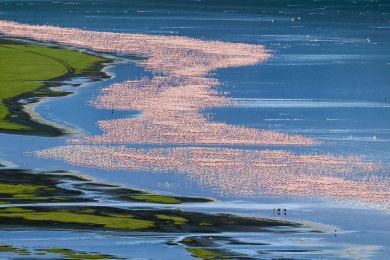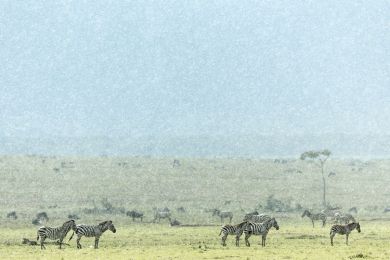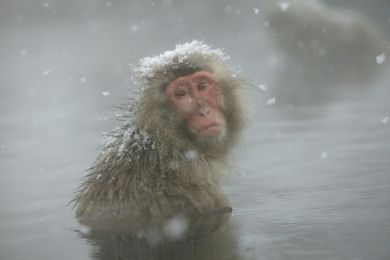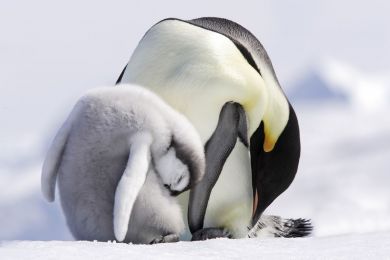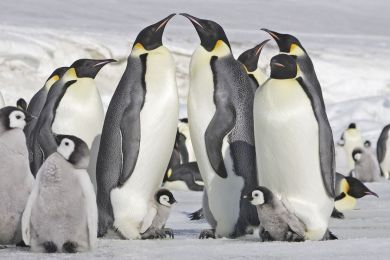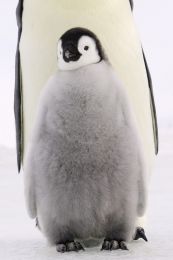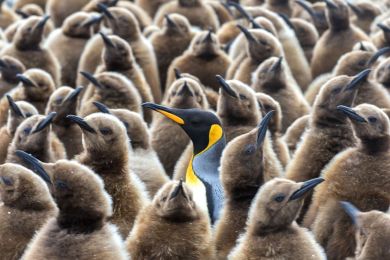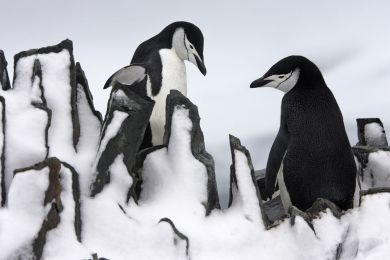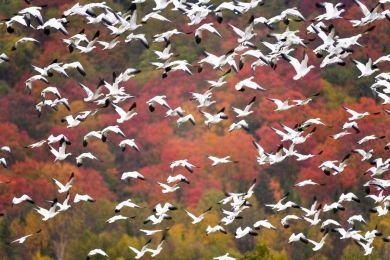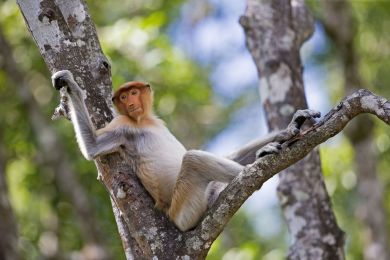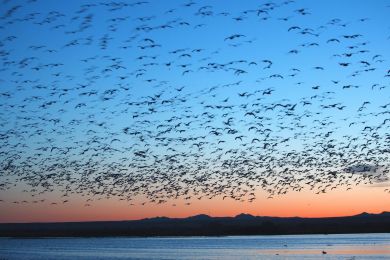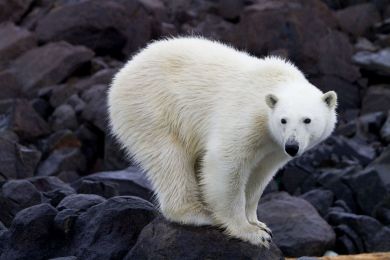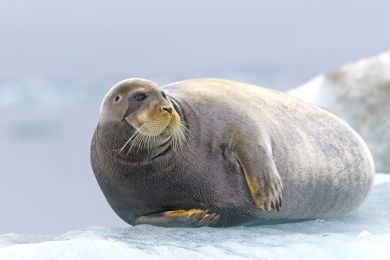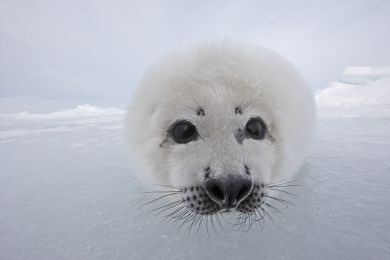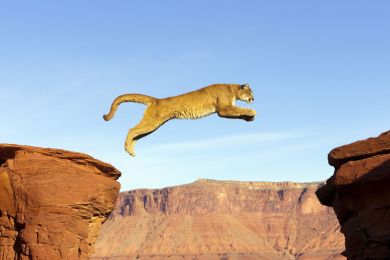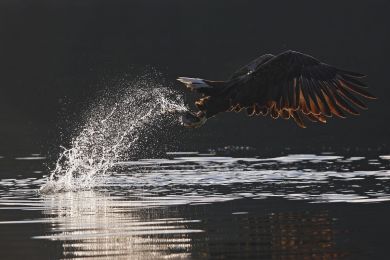By buying this product you can collect up to 178 loyalty points. Your cart will total 178 points that can be converted into a voucher of 35,60 €.
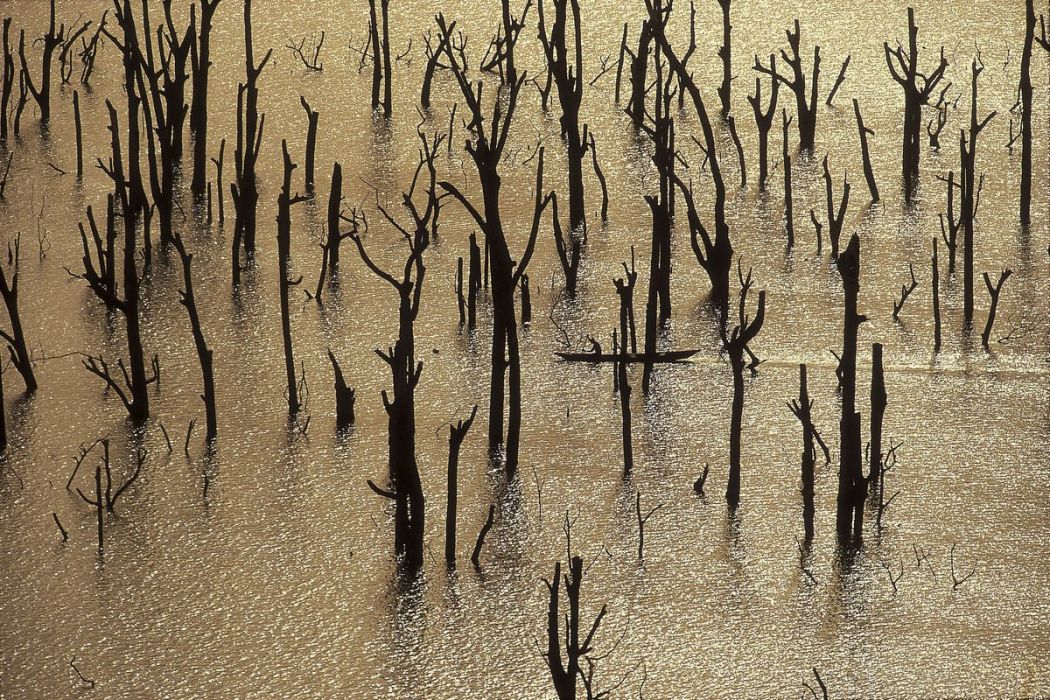 View larger
View larger
Picture information
Fisherman, Ivory Coast
Yann ARTHUS-BERTRAND
Art Photography by Yann ARTHUS-BERTRAND, fisherman on lake Kossou near Bouafle, Ivory Coast. Lake Kossou, which covers 580 square miles (1.500 square kilometers) in the center of the Ivory Coast, is an artificial water impoundment conceived to regulate the Bandama River’s flow and, more precisely, to produce electricity.
Data sheet
| Orientation | Landscape |
| Color | Brown |
Fisherman, Ivory Coast
Yann ARTHUS-BERTRAND
Art Photography by Yann ARTHUS-BERTRAND, fisherman on lake Kossou near Bouafle, Ivory Coast. Lake Kossou, which covers 580 square miles (1.500 square kilometers) in the center of the Ivory Coast, is an artificial water impoundment conceived to regulate the Bandama River’s flow and, more precisely, to produce electricity.
Fine Art Photography
Print by Experts
100 % Made In France
A recognized expertise, a search of permanent quality.
Printed by a professional photographic laboratory.
All prints are made to order, controlled by the Technical Director.
A certificate of authenticity is provided with each photograph.
Framework made by selected materials to give you the best results. every step of the processing is monitoring by experts.
Loyalty points
Gift Card
Don't miss the opportunity to do the best present...
The whole Yann Arthus-Bertrand photos available with Hemisgalerie gift card.
Lets your guest choose the best image.
Amount from 50 €, create and download directly on our website, valid for one year including promotions.
The original gift for all events
More info
Lake Kossou, which covers 580 square miles (1.500 square kilometers) in the center of the Ivory Coast, is an artificial water impoundment conceived to regulate the Bandama River’s flow and, more precisely, to produce electricity. The flooding of the area, between 1969 and 1971, displaced 75.000 people who were moved elsewhere. In theory, hydroelectric dams that capture renewable kinetic energy of flowing water are non-polluting. However, they cause important upheavals in the environment: rivers are diverted, crops and forests are inundated, wildlife habitats are disturbed and displaced persons gain little from their relocation in the long run. The dams block the silt upstream and deprive of it the valley downstream. Excessively large reservoirs can be a threat if earthquakes occur and the risks of conflict in cross-border basins should be taken into account. The negative consequences are better known and experts now recommend building reasonably sized dam reservoirs as opposed to the current enormous proportions of certain dams.


















































